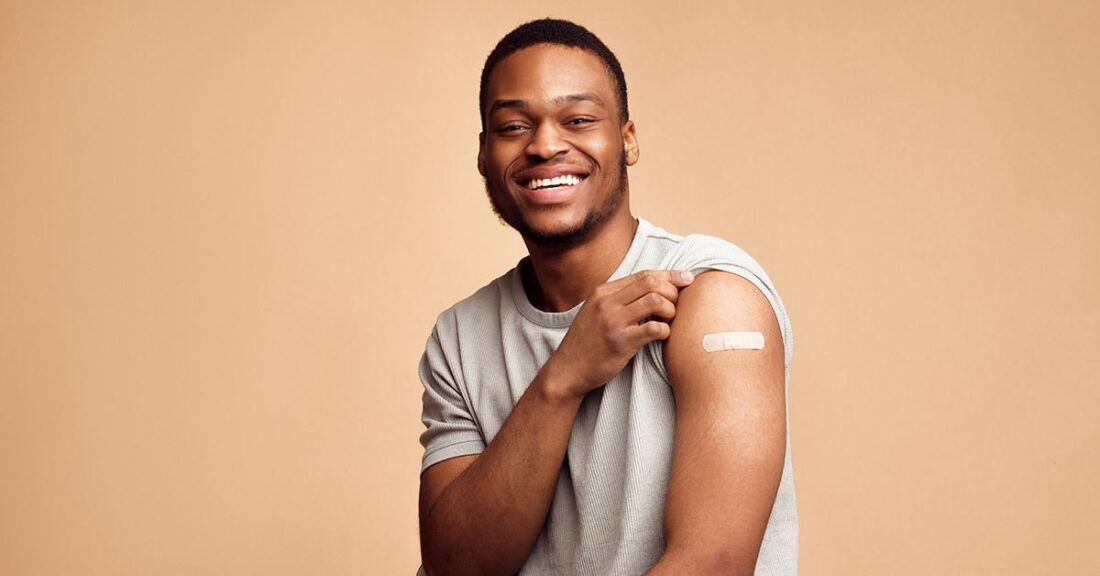Using Results Count to Enhance Equitable Access to COVID-19 Vaccines

A key component of Results Count®, the Annie E. Casey Foundation’s unique approach to leadership development, is acquiring the confidence and skills necessary to have difficult conversations about structural racism with colleagues and partners. Rachel Walker, a project manager with Urban Strategies, Inc. (USI), recently applied what she learned from Results Count to help boost equitable access to COVID-19 vaccines in underserved communities throughout Miami.
A Partner With a Proposal
USI — a Results Count hub — uses the leadership framework throughout their organization and within the social sector. Walker oversees the nonprofit’s efforts to revitalize a series of townhomes and apartments in the Liberty City neighborhood of Miami. By collaborating closely with families — and enlisting the right government and nonprofits agencies — she works to help residents secure stable housing and enhance economic opportunity, education and health outcomes for the community.
In early 2021, one of USI’s long-standing partners in Miami — Aetna Better Health of Florida, a CVS Health company — reached out to Walker about increasing the availability of COVID-19 vaccines to the city’s Black and Latino communities. Part of Aetna’s vaccine promotion strategy involved using organizations like USI to leverage their role as a trusted community messenger and refer residents to CVS pharmacies for inoculations.
“Before I respond, let me dig a little deeper and see where the closest CVS is,” Walker recalls saying.
Sure enough — despite the nearly 150 CVS pharmacies in Miami-Dade County — Walker could not find a single one near her work in Liberty City. She told Aetna that, while USI was interested in collaborating, transportation barriers for residents would make such a partnership difficult.
“Normally, such a conversation would be hard for me,” says Walker, who also participates in the third cohort of Casey’s Results Count Practitioners Program, which strengthens leaders’ ability to advance equitable outcomes for children and families. “The Results Count approach has helped me to not be fearful or apprehensive about having the conversations that I need to have, especially when it comes to equitable results.”
Vaccine Distribution as Part of Community Well-Being
CVS Health heard Walker’s concern and, with support from Aetna, developed a solution. The company coordinated with community partners—including USI and Miami-Dade NAACP—on the mobile distribution of vaccines to historically underserved Black and Latino communities.
Now, Walker is working to ensure that the mobile vaccine distribution initiative is not an isolated response to ongoing structural inequities. She continues to use data and have frank conversations about barriers to racial equity to help her partners to achieve equitable results in health, wellness and other aspects of community well-being.
“There are many layers when you look at housing being a social determinant of health,” says Walker. “You look at the quality of health care within the facilities that are in the community and compare them with others. What are the ways to improve health care, and how can we make sure that they happen in this community?”





